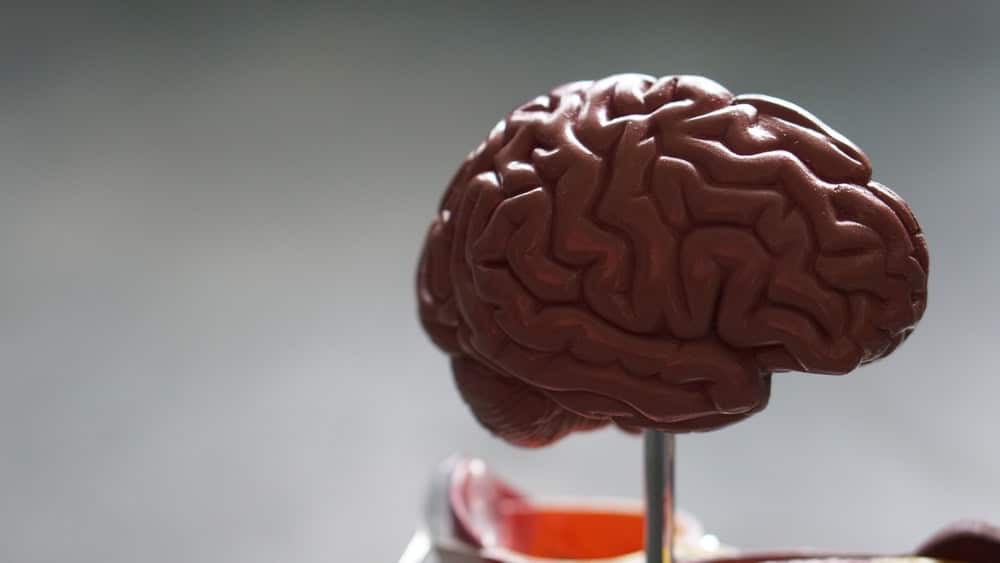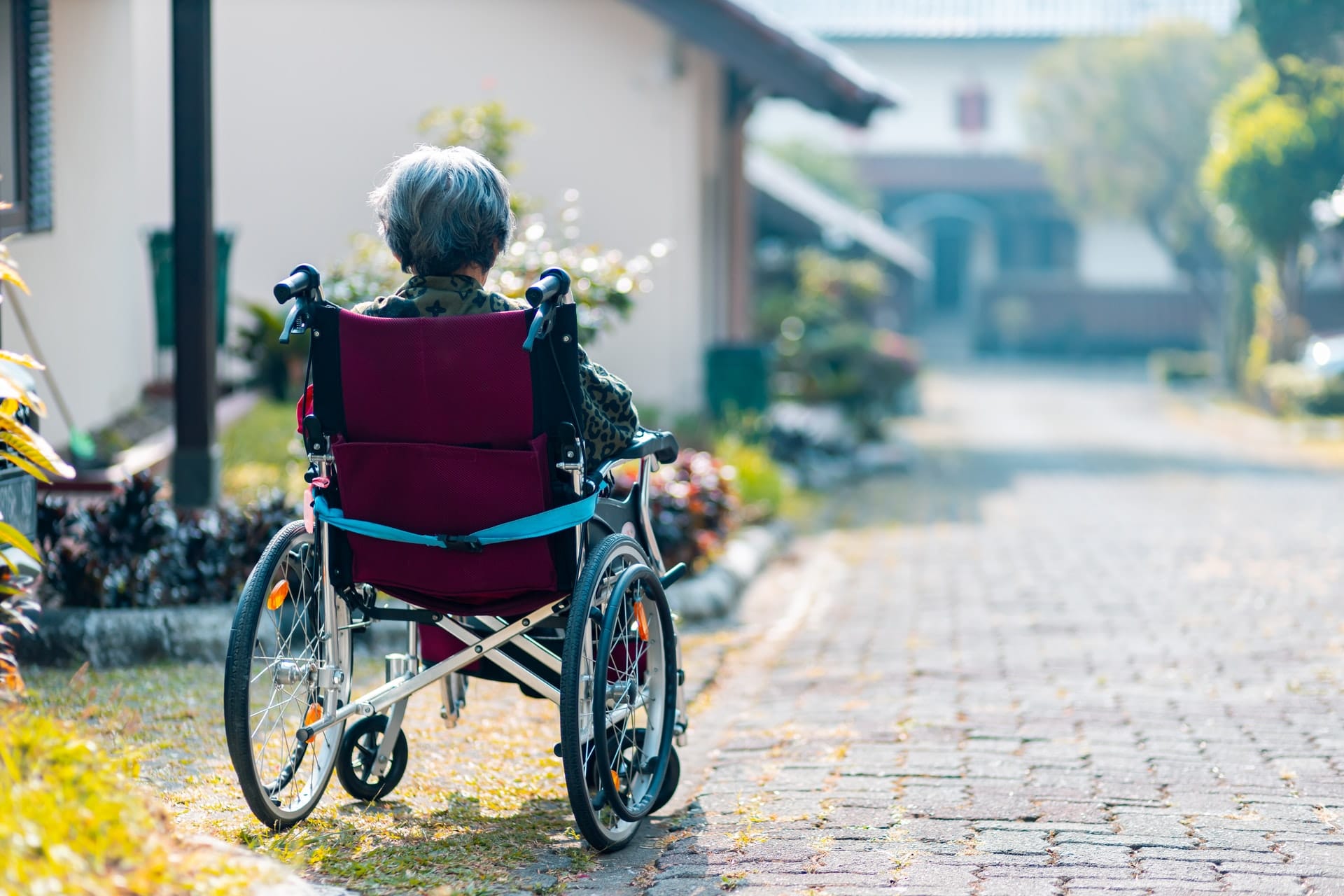
Is Dementia Fatal?
This article has been medically reviewed and edited by Dr. Martin Duggan in 2021.
This content is not intended to be a substitute for professional medical advice, diagnosis, or treatment. Always seek the advice of your physician or another qualified health provider with any questions you may have regarding a medical condition.
Though most people think of dementia as a specific disease, it is just a general term for a group of symptoms that tend to occur together. These symptoms include memory loss, difficulty with language, impaired problem-solving abilities, and other thinking difficulties. Many different conditions can cause dementia to develop. The answer to whether a loved one’s dementia will be fatal or not depends on the cause.
Reversible causes of dementia
Some causes of dementia are reversible. Newly diagnosed dementia patients will often undergo testing to see if their dementia symptoms have a treatable explanation. Reversible causes include:
- Vitamin B12 Deficiency
- Hypothyroidism
- Normal Pressure Hydrocephalus
- Infections
- Benign Tumors
Because these conditions are fixable, It is also worth mentioning that, in elderly patients, depression can take on the appearance of dementia. When this occurs, the patient is said to have Pseudodementia. When the depression is treated, the symptoms which create the illusion of dementia, improve. You can read more about depression in the elderly here. Only after these reversible conditions are ruled out will doctors look for potentially deadly causes.
Irreversible causes of dementia
Unfortunately, most cases of dementia cannot be reversed due to incurable underlying causes. Here are the most common irreversible causes of dementia listed in order of prevalence:
- Alzheimer’s Disease
- Vascular Dementia
- Fronto-Temporal Dementia
- Lewey-Body Dementia
- Dementia associated with Parkinson’s Disease
These conditions are fatal and progressive. Doctors and scientists have yet to find a way to reverse the course of disease for these illnesses.
Many of us know that someone with Alzheimer’s disease, for example, needs daily assistance to solve problems or remember things. But we might be surprised to learn an otherwise healthy person can die from Alzheimer’s disease. The same is true for each of the irreversible causes listed above.
According to the U.S. Center for Disease Control and Prevention, Alzheimer’s disease – the most common form of dementia – is the 5th leading cause of death in American adults who are 65 or older. For the remainder of this article, we will use the term dementia to refer to those diseases which cause irreversible and fatal cases of dementia.
How does dementia cause death?
Our brains are charged with several functions, much more than just remembering, understanding, and thinking. The brain is responsible for overseeing our breathing, movement, and circulation. What may begin with memory and communication dysfunction can become something much more severe as time goes on.
Progressively worsening dementia slowly robs us of our ability to walk naturally. Then it robs our ability to stand naturally. Day by day, things that we take for granted, like how to swallow without choking on our food, become more and more difficult to do. As time marches on, dementia will leave us unable to sit upright, eat food, drink water, and then finally we’ll be unable to breathe without choking.
How far along is my loved one?
Every person is unique, and each type of dementia follows a different course. Someone with vascular dementia will typically suffer from moments of rapid decline (usually after strokes or ministrokes) interspersed with moments of stability. In contrast, a person with Alzheimer’s dementia will typically suffer a more steady and consistent decline. Other causes of dementia usually have different courses entirely. Even still, not every person with Alzheimer’s dementia will decline at the same rate.
The most common type of dementia is Alzheimer’s Disease. Several tools have been designed to help caregivers plan. Most of these tools aid in planning work by grouping symptoms that typically occur together and assigning these symptoms a stage number. People exhibiting symptoms that occur early in the disease are said to be in the “early stages” of disease. People exhibiting symptoms that only happen when death is near are said to be in the “late stages” of dementia.
One of the most popular frameworks to understand how dementia progresses comes from the Alzheimer’s Association (A.A.). The A.A. website describes 3 significant stages of dementia for people with Alzheimer’s Disease. These stages are not perfect, and some patients may qualify for more than one stage. The years listed are approximations only. Remember, this is just a potentially helpful resource. It can never take the place of a consultation with a doctor. Here are the stages as laid out by the A.A. website.
- Early Stage Alzheimer’s: 1-3 years. This person may still live independently, but has likely noticed difficulty finding the right word or remembering where they placed an object. Someone in the early stage might struggle with duties at work, especially planning or organizing.
- Middle Stage Alzheimer’s: 2-7 years. This person almost always requires help performing daily activities. Someone in the middle stage has begun to forget events from their life. The person tends to wander and become lost. They often forget their location or the time of year. They may have difficulty controlling their bowel or bladder. Their diet may require some modification to prevent trouble with chewing or swallowing.
- Late Stage Alzheimer’s: 6 months – 1 year. This person requires round-the-clock assistance. Someone in this stage loses their ability to walk without aid. They will often need help standing, and then eventually, will be unable to sit upright without assistance. Their ability to speak or express themselves may decline, making it difficult for them to communicate when they have pain. As death approaches, they may frequently choke while drinking or even when trying to swallow their saliva.
With the help of a doctor, we can use these stages to interpret how far our loved one has progressed in their illness. This knowledge can help us plan for what comes next.
What is the life expectancy of someone with dementia?
When we talk about life expectancy, we have to remember that these numbers are averages. Some people will live much longer than average; others will not.
The average person lives about 8 years after the diagnosis of Alzheimer’s Disease. When other forms of dementia are included, the average life expectancy becomes a little more challenging to say with certainty. The Mayo Clinic gives an estimated life expectancy of somewhere between 2-11 years for irreversible dementia.
Conclusion
Dementia is relentless, and caring for someone with dementia is incredibly taxing. Dementia care often robs us of any sense of certainty. When we have some idea what to expect and how long we have together, we can cherish the moments together. Sometimes all we need is a little clarity on the road ahead to help us focus on what is truly important.
Sources:
- What Is Dementia? Alzheimer’s Association, www.alz.org
- What Is Dementia? Symptoms, Types, and Diagnosis, National Institute of Aging, www.nia.nih.gov
- Stages of Dementia, www.alz.org
Related Articles

When Is It Time for Assisted Living?
Wondering if it is time for assisted living for your loved one is a common question for caregivers. As a caregiver, you might have been considering the question for months or possibly even years. Your loved one might have declined to continue the discussion as the thought of moving out of their family home and […]

All About Adult Day Care: Community and Costs
Adult day care is a fairly new concept for caregivers. The basic idea is to provide a secure place where seniors can enjoy social activities during the day and be provided nursing care as needed. It’s a hybrid model of eldercare that prioritizes community. At the same time, seniors get help with common custodial tasks […]

A Caregiver’s Guide to ADLs and IADLs
This article has been medically reviewed by Dr. Martin Duggan in 2021. This content is not intended to be a substitute for professional medical advice, diagnosis, or treatment. Always seek the advice of your physician or another qualified health provider with any questions you may have regarding a medical condition. As a family caregiver, your […]

What is a Mechanical Soft Diet? Explanation, Preparation, and Meal Ideas
This article has been medically reviewed by Dr. Martin Duggan in 2021. This content is not intended to be a substitute for professional medical advice, diagnosis, or treatment. Always seek the advice of your physician or another qualified health provider with any questions you may have regarding a medical condition. As a caregiver, you may […]

Benefits for Seniors with Disabilities
Oftentimes, seniors with disabilities qualify for health and financial assistance programs. However, they may be unaware of them or are confused about the eligibility requirements and enrollment process. Let’s go over the key programs for seniors with disabilities so that you have the information you need to get the benefits you deserve. Note on the 3 […]

An Overview of Senior Rehabilitation Centers
Recovering from injury or illness in your golden years may take time and support. That’s where senior rehabilitation centers become essential. If you need a temporary stay to recover from injury or illness, senior rehabilitation centers can be the solution to get expert care and daily support. In this article, we’ll give you an overview […]